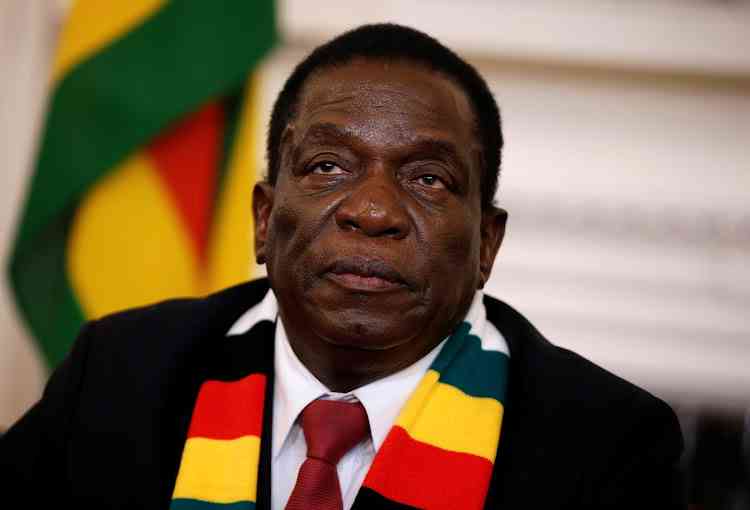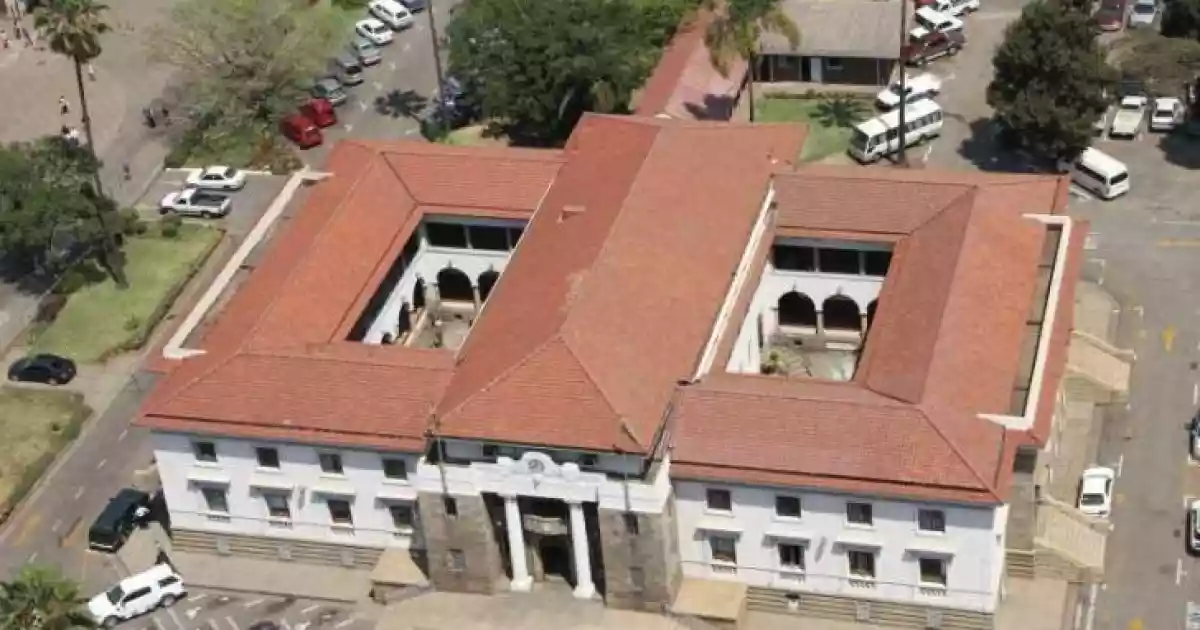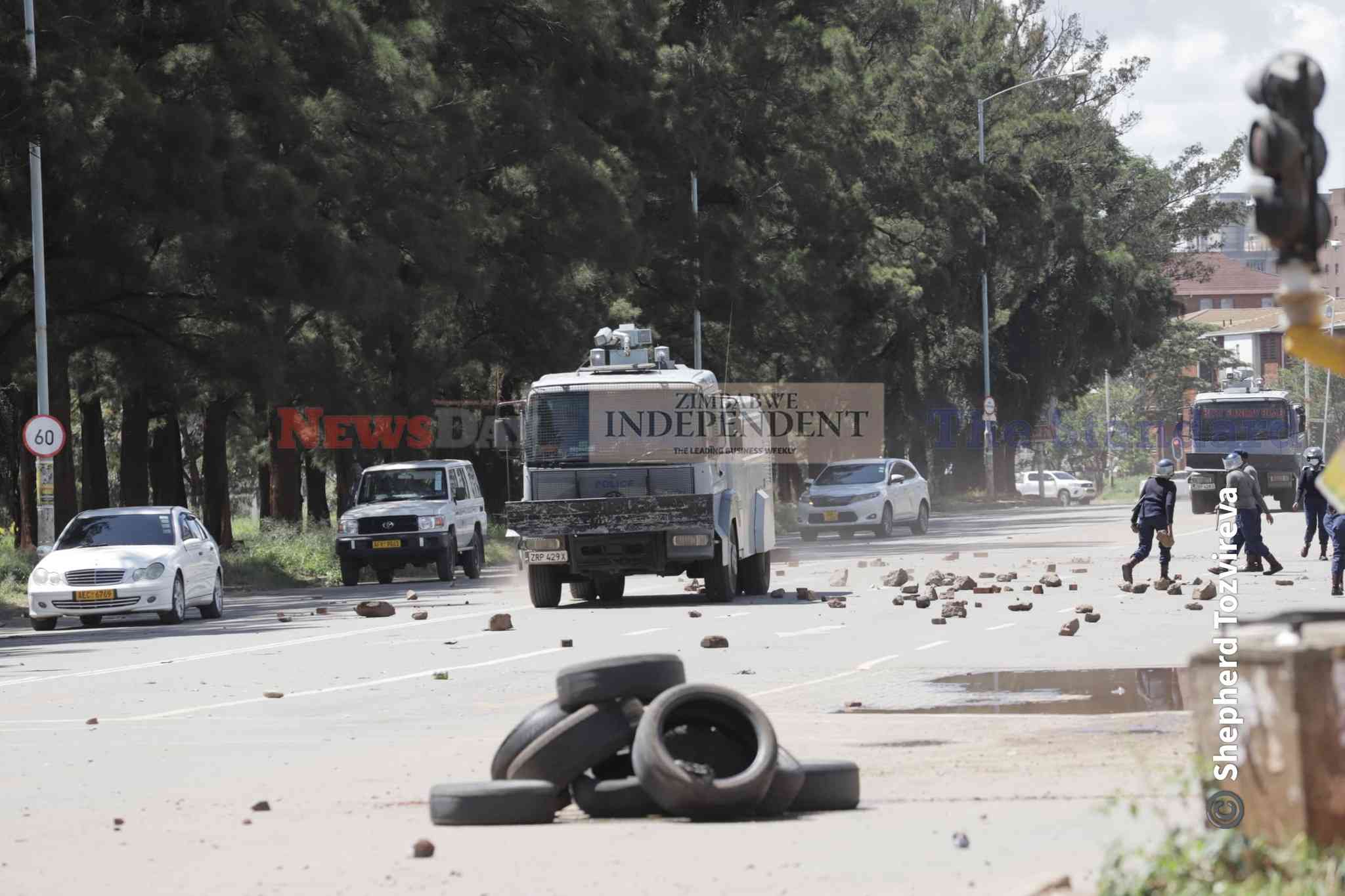
PRESIDENT Emmerson Mnangagwa is full of surprises.
He wants to be seen to be doing something and, in many instances, creates new offices that in reality are as clear as mud.
Mutapa Investment Fund is the latest fad that has sent the people agog, yet it is just hot air.
On Monday, Mnangagwa gazetted Statutory Instrument 156 of 2023 — a piece of legislation that broadly changed the name of the Sovereign Wealth Fund (SWF) to Mutapa Investment Fund and brought together a motley of State-owned enterprises under one roof.
The thinking behind it is still largely speculative as there were no public discussions about the matter.
Probably, it is important to go back to the definitions of sovereign wealth fund and investment fund at the beginning. From there, we will look at what mischief the new law is trying to cure.
Investopedia defines it as: “A sovereign wealth fund is a State-owned investment fund comprised of money generated by the government, often derived from a country’s surplus reserves. SWFs provide a benefit for a country’s economy and its citizens.”
These funds are funded from a variety of revenue streams, but primarily from “surplus reserves from State-owned natural resource revenues, trade surpluses, bank reserves that may accumulate from budgeting excesses, foreign currency operations, money from privatisations, and governmental transfer payments,” according to Investopedia.
- Mavhunga puts DeMbare into Chibuku quarterfinals
- Bulls to charge into Zimbabwe gold stocks
- Ndiraya concerned as goals dry up
- Letters: How solar power is transforming African farms
Keep Reading
In turn, let’s look at the definition of an investment fund. For consistency, I turn back to Investopedia which defines an investment fund as, “A supply of capital belonging to numerous investors used to collectively purchase securities while each investor retains ownership and control of his own shares.”
The difference between the two is stark. A SWF is primarily from investment by the government from the country’s surplus reserves or trade in commodities.
On the other hand, an investment fund is the pooling of resources by a multiple of individual investors who retain control of their contributions into the fund.
I would not want to guess where Mnangagwa was getting his advice from.
However, my hunch without facts is — it is from the same people who have twice in the past misadvised him to appoint more non-constituency MPs into his Cabinet than what the Constitution compels.
The long and short of it is Mnangagwa is getting rotten advice. That is why he could not see the difference between the two funds.
It is important at this juncture to try to imagine what mischief Mnangagwa was trying to cure through the latest legislative amendment.
It is hard to find a cogent reason, but one can be forgiven to assume he wanted to bring all State-owned enterprises under the stewardship of his son, Kudakwashe, recently appointed deputy Czar at Treasury.
The SI is clear that the fund will be under the Finance and Investment Promotion ministry.
This is an expanded portfolio besides running the national budget and sourcing investment for the country.
The ministry now has the primary duty to invest State resources as it deems fit and is only answerable to the President.
Are the 20 companies that now constitute the Mutapa Investment Fund worth the effort?
The response to this is negative. Most of the companies are in dire need of restructuring and recapitalising before they can make any meaningful contribution to the fund in terms of revenue generation.
Which are these companies? They are: Defold Mine, Zupco, Kuvimba Mining House (KMH), Silo Investments, National Oil Company of Zimbabwe, Cold Storage Company Limited, PetroTrade, People’s Own Savings Bank, NetOne, National Railways of Zimbabwe, TelOne, Arda Seeds, Zimbabwe Power Company, PowerTel Communications, Allied Timbers, Telecel, Air Zimbabwe, Industrial Development Corporation, Cottco and Hwange Colliery Company.
At present, only KMH has been declaring dividends and the rest were on the table for partial privatisation.
Actually, most of the companies are technically insolvent and still limp because they are State-owned.
The reason they were put under this fund is not far. It was simply to control their privatisation, a privatisation which most likely will be done through private placement. In political terms, it is asset stripping.
It is telling that clause 10 of the SI says: “The fund shall no later than sixty (60) days after the end of each financial year submit to the President and the Minister an annual report on its operations and activities during the preceding financial year.”
Please note, the law does not say tabled in Parliament (nominally, the structure where every citizen is represented by an MP).
It is important to further note that two principal officers of the fund, board chairman and chief executive officer, are appointed by the President after consultation with the Finance minister.
Clause 12 of the SI amends section 20 of the principal Act and allows the Fund to freely move money in and out of Zimbabwe, even from proceeds of selling some of the companies under the control of the Fund.
It read: “With respect to investments made under this Act, the fund may without restriction or delay in a freely convertible currency transfer the following funds — proceeds from the sale or liquidation of the whole or part of an investment or property owned by the Fund.”
It is now clear, Mnangagwa’s target is to control the privatisation of State-owned enterprises away from the public eye, but under the watchful gaze of his son.
This may sound a bit stretched, but knowing the Zimbabwe psyche, who has the spine at the Treasury to stand up to Kudakwashe? He will be the de facto minister on all political matters.
Zimbabwe has travelled this journey before of bundling and unbundling parastatals, but the same result has been yielded — failure.
Failure because incompetent persons are appointed. Failure because of grant corruption. Will the change in a name change everything? The answer is a strong NO!
Paidamoyo Muzulu is a journalist based in Harare. He writes here in his personal capacity.











